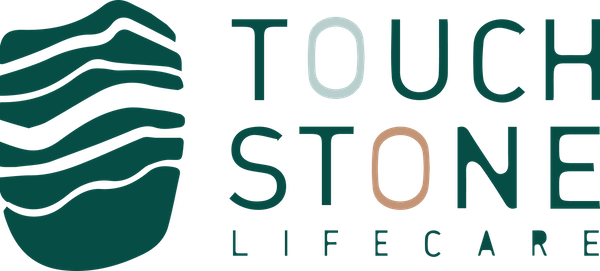There are many different cultural and religious practices, beliefs, and approaches to end-of-life. It is important for health care providers to understand and respond to the different cultural norms of patients and their families. Some Key Issues we have identified at Touchstone Life Care for you to think about are:
Aboriginal and Torres Strait Islander people
A key cause of the low proportions of Aboriginal and Torres Strait Islanders with Advance Care Plans is the generally low rates of accessing any services. With a cultural history of being denied medical care, some people may be reluctant to select palliative or hospice care. Also, some people may be suspicious that their wishes will not be followed.
Culturally and linguistically diverse communities
Death as a taboo subject
In many cultures, death is a taboo subject. If someone is ill, discussing their death may be seen as bad luck, disrespectful, or causing a loss of hope. Some people may prefer not to know that they have a terminal illness.
Collective decision making
Where Western cultures emphasise individual autonomy and decision making, the norm in many cultures is instead collective decision-making, with families and communities involved. Family decisions will be family oriented, and the collective is more important than the individual.
Pain
Culture can also influence how and whether people ask for pain relief. Pain may be seen as something positive – punishment, a test of one’s faith, or a sign that the body is fighting towards recovery. Some cultures (e.g. Cambodian, Somali) may wait to be asked if medication is needed, rather than asking for pain relief.
Who to speak to
There may be a need to ask who the person would like their health provider to speak to about their care. For example, while some families may have younger relatives who are more fluent in English and act as interpreters, it may not be appropriate for this person to know details about their relative or to tell them about their illness. In Muslim cultures a religious leader may be needed to facilitate the conversation between the family and a health provider.
An excellent, comprehensive resource is provided by Ethnomed, a Seattle-based joint program of the University of Washington Health Sciences Libraries and Harborview Medical Center’s Interpreter Services Department/Community House Calls Program. Available here: https://ethnomed.org/clinical/end-of- life/cultural-relevance- in-end-of- life-care
These recommendations were developed through:
- Literature review of palliative care research and existing resources for the development of Advance Care Plans, and
- Discussion with doctors and translation service providers (Turkish and Mandarin/Cantonese)




